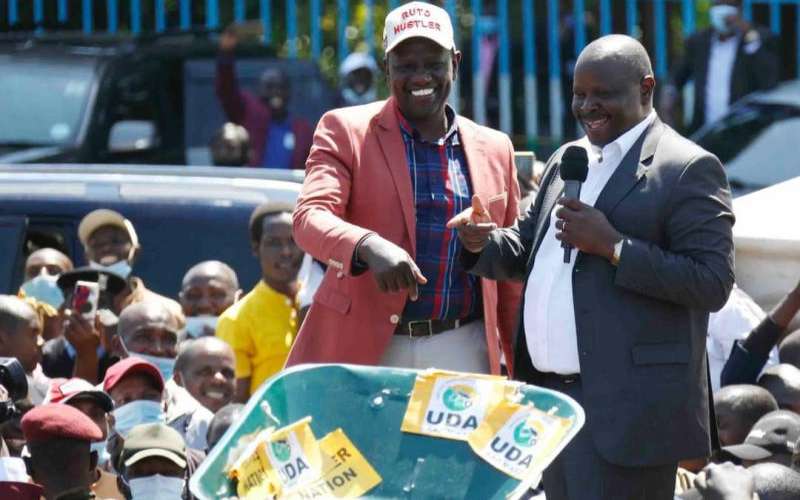×
The Standard e-Paper
Stay Informed, Even Offline

The shift by former Bomet Governor Isaac Ruto to his fierce critic William Ruto's camp on Friday marked the heightened re-alignment linked to the fight for political survival as the 2022 General Election nears.
Friday's move by Isaac, a point man of the BBI campaigns in Rift Valley region, is reminiscent of past elections where top leaders sought refuge in parties perceived to be dominant in their regions to make a return to mainstream politics.